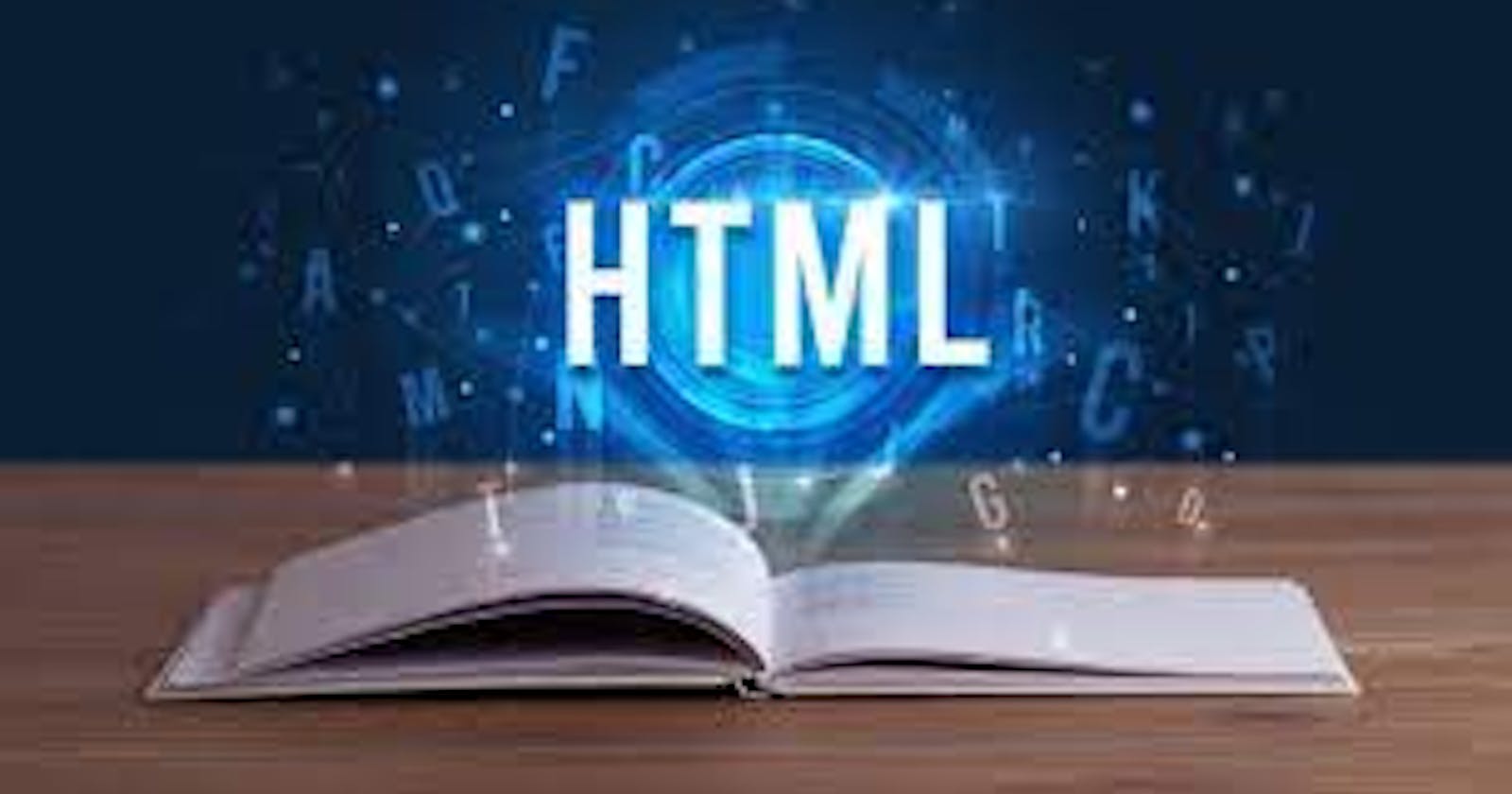Mastering HTML Essentials: A Comprehensive Guide to Semantic Markup, Forms, Multimedia, and More
Mastering HTML entails expertise its essential concepts and high-quality practices. Here are 10 HTML ideas which are crucial to grasp:
Semantic Markup: Understanding and enforcing semantic HTML factors like
, , , , , , , etc., to provide that means and shape for your content material.
HTML Forms: Knowing the way to create bureaucracy the usage of elements like
Mastering HTML entails expertise its essential concepts and high-quality practices. Here are 10 HTML ideas which are crucial to grasp:
Semantic Markup: Understanding and enforcing semantic HTML factors like
<header>,<nav>,<main>,<section>,<article>,<aside>,<footer>, etc., to provide that means and shape for your content material.HTML Forms: Knowing the way to create bureaucracy the usage of elements like
<form>,<input>,<select>,<textarea>, and<button>, and information attributes likecall,type,placeholder,required,disabled, and so forth., to collect user enter.HTML5 Structural Elements: Familiarity with more moderen HTML5 structural factors inclusive of
<header>,<nav>,<section>,<article>,<aside>, and<footer>for better organisation and readability of your code.HTML5 Multimedia: Knowing a way to embed multimedia content material the usage of
<img>,<audio>,<video>, and<iframe>tags, together with attributes likesrc,alt,width,top,controls, and so on.HTML Links and Anchors: Understanding the way to create links using the
<a>tag and attributes likehref,target,rel, andtitleto link to different internet pages, sources, or sections in the identical page.HTML Lists: Mastery of ordered
<ol>, unordered<ul>, and definition<dl>lists, along with listing item<li>tags, to represent and organize content in a based manner.HTML Tables: Understanding the way to create tables the usage of
<table>,<tr>,<th>, and<td>tags, in conjunction with attributes likerowspan,colspan, andborder, for supplying tabular information.HTML Metadata: Knowledge of
<meta>tags and their attributes likecharset,viewport,description,keywords, and many others., for imparting metadata that describes the document to browsers and engines like google.
Nine. HTML Accessibility: Awareness of accessibility nice practices such as offering alternative text for pix (alt characteristic), the usage of appropriate semantic elements, making sure keyboard navigation, and following WAI-ARIA tips for reinforcing accessibility.
- HTML5 APIs: Familiarity with numerous HTML5 APIs like Geolocation, Web Storage, Web Workers, Canvas, Drag and Drop, and many others., for including interactivity and superior functionality to net packages.
Mastering these principles will empower you to create properly-structured, available, and interactive internet pages the use of HTML.
